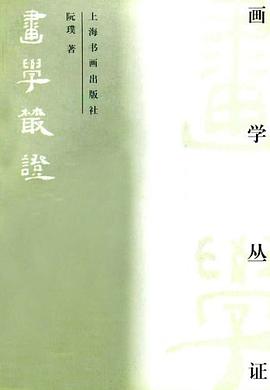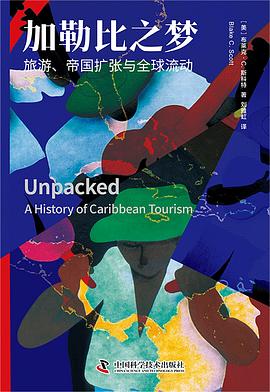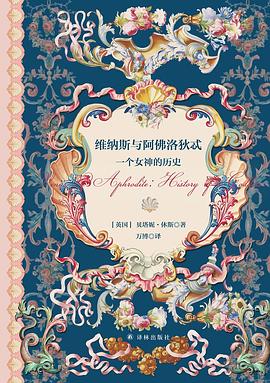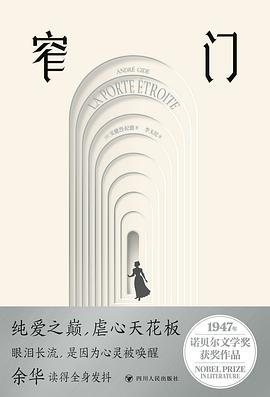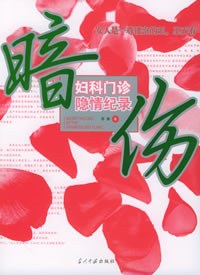The Uses of Literacy
内容简介
When a society becomes more affluent, does it lose other values? Are the skills that education and literacy gave millions wasted on consuming pop culture? Do the media coerce us into a world of the superficial and the material - or can they be a force for good? When Richard Hoggart asked these questions in his 1957 book "The Uses of Literacy", Britain was undergoing huge social change, yet his landmark work has lost none of its pertinence and power today. Hoggart gives a fascinating insight into the close-knit values of Northern England's vanishing working-class communities, and weaves this together with his views on the arrival of a new, homogenous 'mass' US-influenced culture. His headline-grabbing bestseller opened up a whole new area of cultural study and remains essential reading, both as a historical document, and as a commentary on class, poverty and the media.
......(更多)
作者简介
Richard Hoggart was born in Leeds in 1918. He served with the Royal Artillery in North Africa from 1940 to 1946, after which he taught literature at the University of Hull, was visiting professor of English at the University of Rochester in America and senior lecturer in English at the University of Leicester. Professor Hoggart has been a member of numerous bodies and at different times was an Assistant Director-General of UNESCO, Chairman of the New Statesman and Vice-Chairman of the Arts Council. The Uses of Literacy, his most widely acclaimed work was partly autobiographical and drawn from his own boyhood growing up in the North of England.
......(更多)
目录
......(更多)
读书文摘
“聪明睿智的外行人”是一种难以名状的人物,而且大众化是一项危险的事业,但在我看来,当我们中的一些人感到为这种人写作是件当务之急必须要做的事情之时,就必须继续想方设法去接近他。因为我们当前文化形势的最明显、最不妙的特点之一便是,在专家的技术性语言和非常低级的大众传播渠道之间存在着隔阂。
......(更多)

